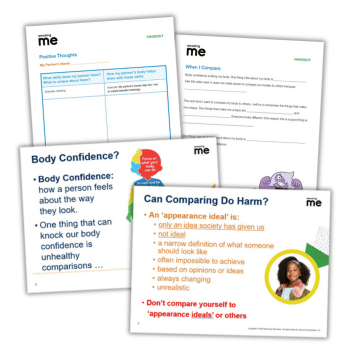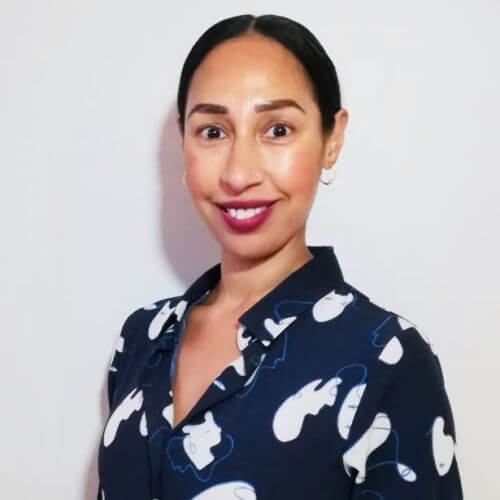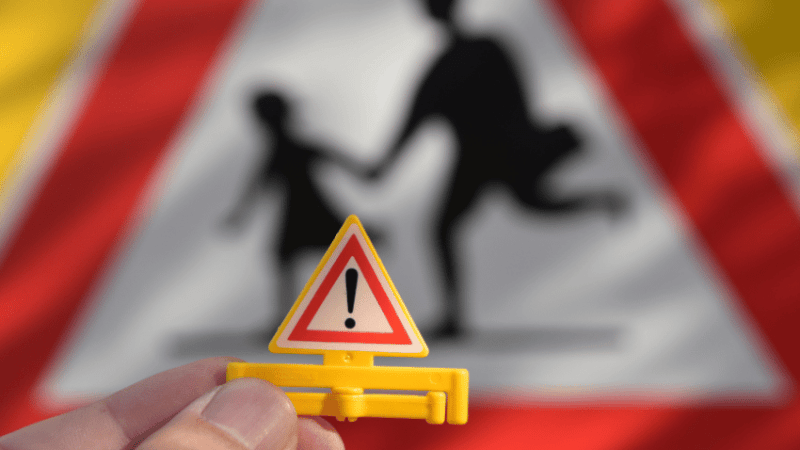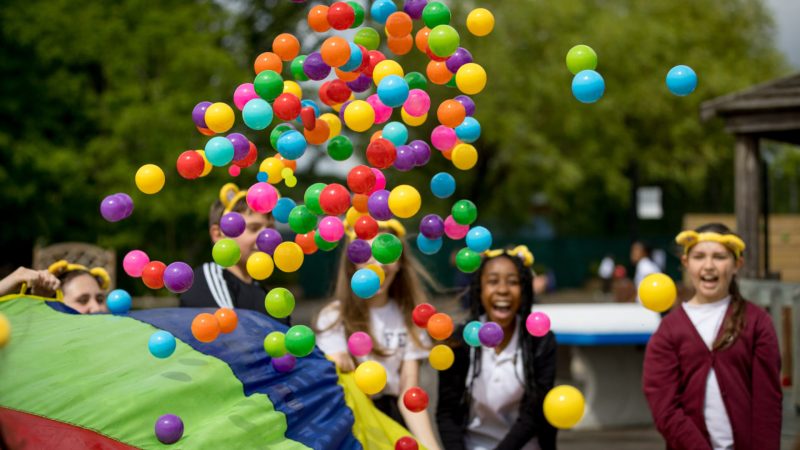Social media – How to have impactful conversations about kids’ online worlds

Spending your day sorting out social media scraps? Read this advice from Rubbi Bhogal-Wood…

As I walked down the corridor to begin our first session on social media safety, the headteacher ushered me into his office to update me on a social media incident that happened just that morning.
A pupil – someone entirely unsuspecting and with exemplary behaviour – had been caught posting abusive messages to her classmates in a desperate attempt to be part of the ‘in’ crowd on a social media chat channel.
The child was ten years old. The minimum age limit for Facebook, Snapchat, Twitter, TikTok, YouTube, and Instagram is 13. However, that doesn’t stop children opening accounts anyway, either with or without parental permission.
A lot of the reasons why tweens and early teens are keen to open social media accounts before the age limits aren’t too dissimilar to the reasons that we as adults want to have them.
They want to feel connected to their friends and family, be in the know with the latest goings on, use their channels to explore their creativity and express their emotions and feelings.
What I hear from senior leaders, though, is that the majority of their pupils are being gifted mobile phones from parents without any ongoing discussion about how to engage with social media, both as a content creator and as a consumer of content.
This reluctance to have regular conversations about social media in the home is now leading to a daily onslaught of social media based behavioural issues that senior leaders are spending huge amounts of time policing and resolving.
In school, safeguarding around internet or digital safety is addressed in PSHE classes and the majority of students are clued up on what not to do, but I’d urge primary leaders to invest in conversations to open up and challenge the social media narrative from the perspective of the child.
Move beyond the ‘don’ts’ and explore online channels, features and behaviours from a young person’s point of view.
You may find this daunting, and that’s understandable. You might not be an active social media user or you might have very limited exposure to popular channels. For example, I often meet teachers who haven’t even heard of the gaming and chat channels Twitch and Discord that their pupils use on a daily basis.
However, as their teacher and role model you have a wonderful opportunity to help guide children through this digital world. Just as you inspire them to view the world through your knowledge of words, history, people and places, you have the same chance to connect and share through the strong cultural capital that is social media.
Your ethics and values are not separated between digital and analogue.
Sometimes children are resistant in wanting to discuss their online behaviour because they feel their teacher ‘won’t get it’. Thankfully, there are plenty of resources and advisors out there who can help you to get social media savvy on how each channel works.
Plus, as a trusted adult in their life, you are perfectly placed to help pupils think critically and interrogate information presented on their social media channels. Here are three tips for meaningful and impactful social media discussions:
Make it weekly
Children tell me they ‘switch off’ when they are presented with the downsides to social media, both at school and at home. Ignite their interest by introducing a weekly ‘social chat’ to discuss their experiences.
Create a social media discussion box then invite students to write down and post their topic or dilemma of choice, anonymously if they prefer.
Let kids lead
I often hear from children that their parents “just don’t get it”. Reduce that gap by empowering children to host termly social media know-how sessions for their parents, either digitally or in-person.
Topics can range from introductory ‘how to’ sessions on popular channels to the creation of content and building a family digital pledge.
Call in the experts
Young people often see the online world as a natural extension of the offline one in terms of their engagement and conversations. However, behaviour around comments, sharing, trust and critical thinking sometimes get sidelined for the euphoric feeling of being ‘liked’ or included.
Reach out to industry educators and invite them to talk to your pupils. They are expert at working with young people to challenge the narrative around social media in ways that make them positively reassess it.
Rubbi Bhogal-Wood is a social media educator and founder of Wild & Form Digital.








